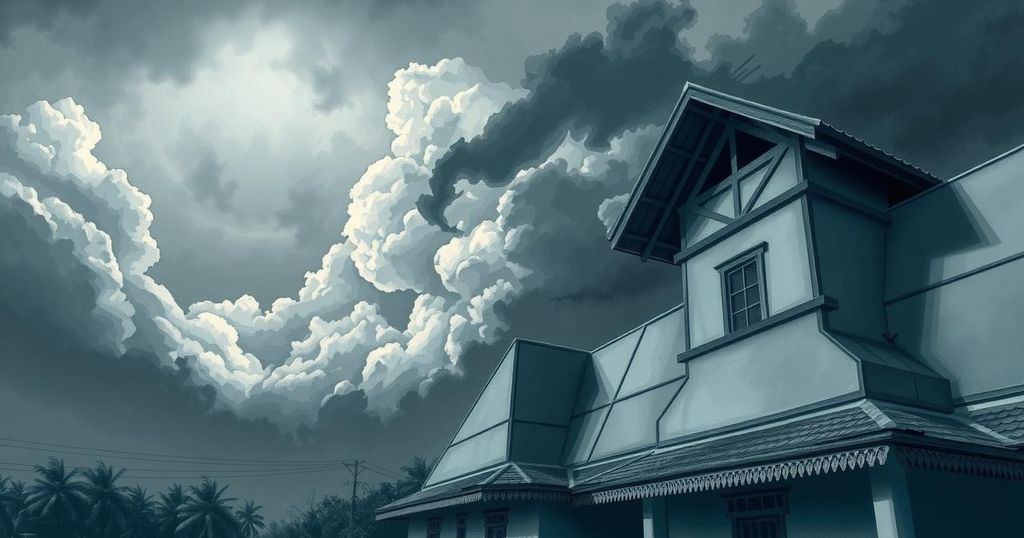Rodrigo Duterte’s swift extradition to The Hague reflects escalating tensions between his family and President Ferdinand Marcos Jr.’s family. The once-allied families are in conflict due to upcoming elections, perpetuated by allegations of crimes during Duterte’s rule and a shifting political landscape as they vie for control. This situation poses significant challenges for the Duterte dynasty amidst electoral aspirations and public scrutiny.
Rodrigo Duterte’s expedited extradition to The Hague for charges related to crimes against humanity highlights a significant shift in the political landscape of the Philippines. Known for his controversial war on drugs that reportedly claimed 30,000 lives since 2016, Duterte’s arrest came amidst escalating tensions between his family and the family of current President Ferdinand Marcos Jr.
Historical allies, the Duterte and Marcos families had previously collaborated during the 2022 elections, where Marcos Jr. and Sara Duterte, Rodrigo’s daughter, ran on a joint ticket. However, increasing hostility was evident as Sara Ruiz Duterte criticized Marcos Jr., suggesting a breakdown of their alliance. Experts believe that the competition for political dominance in the upcoming 2028 presidential election is at the core of this familial feud.
With public sentiment shifting, Marcos Jr. altered his rhetoric regarding the International Criminal Court (ICC) investigation. His administration declared non-cooperation with the ICC while affirming commitments to Interpol regarding arrest warrants. After Duterte’s arrest, Marcos Jr. communicated to the media, emphasizing compliance with international obligations.
Legal analysts considered Duterte’s swift extradition to The Hague as a strategic maneuver by Marcos Jr.’s government, emphasizing the execution of the arrest warrant without delay. This development leaves the Duterte political dynasty vulnerable as they face significant challenges amidst the Philippine midterm elections slated for May. Current dynamics raise questions about Duterte’s ability to fulfill his mayoral aspirations from abroad.
These elections will be pivotal for Sara Duterte, who faces impeachment risks requiring a strong senate backing to secure her vice presidency and prospects for the 2028 presidential race. Meanwhile, supporters of Rodrigo Duterte position him as a victim of political retribution, despite the historical irony faced by victims of his regime’s violence, many of whom received no due process.
Prof. Maria Ela L. Atienza remarked on the hypocrisy of the Dutertes adopting previously mocked democratic principles. The rivalry may intensify as public opinion dynamics evolve, according to Cleve V. Arguelles, who stressed the significance of the narratives shaped during this volatile period.
In conclusion, Rodrigo Duterte’s arrest marks a critical juncture in the political atmosphere of the Philippines, accentuating the fierce rivalry between the Duterte and Marcos families. As both sides strategize for the impending elections, the implications of this feud could redefine political alliances and power structures within the country. The response from the public and the evolving narratives will play a crucial role in determining the future of these dynasties and the nation’s political landscape.
Original Source: www.theguardian.com




